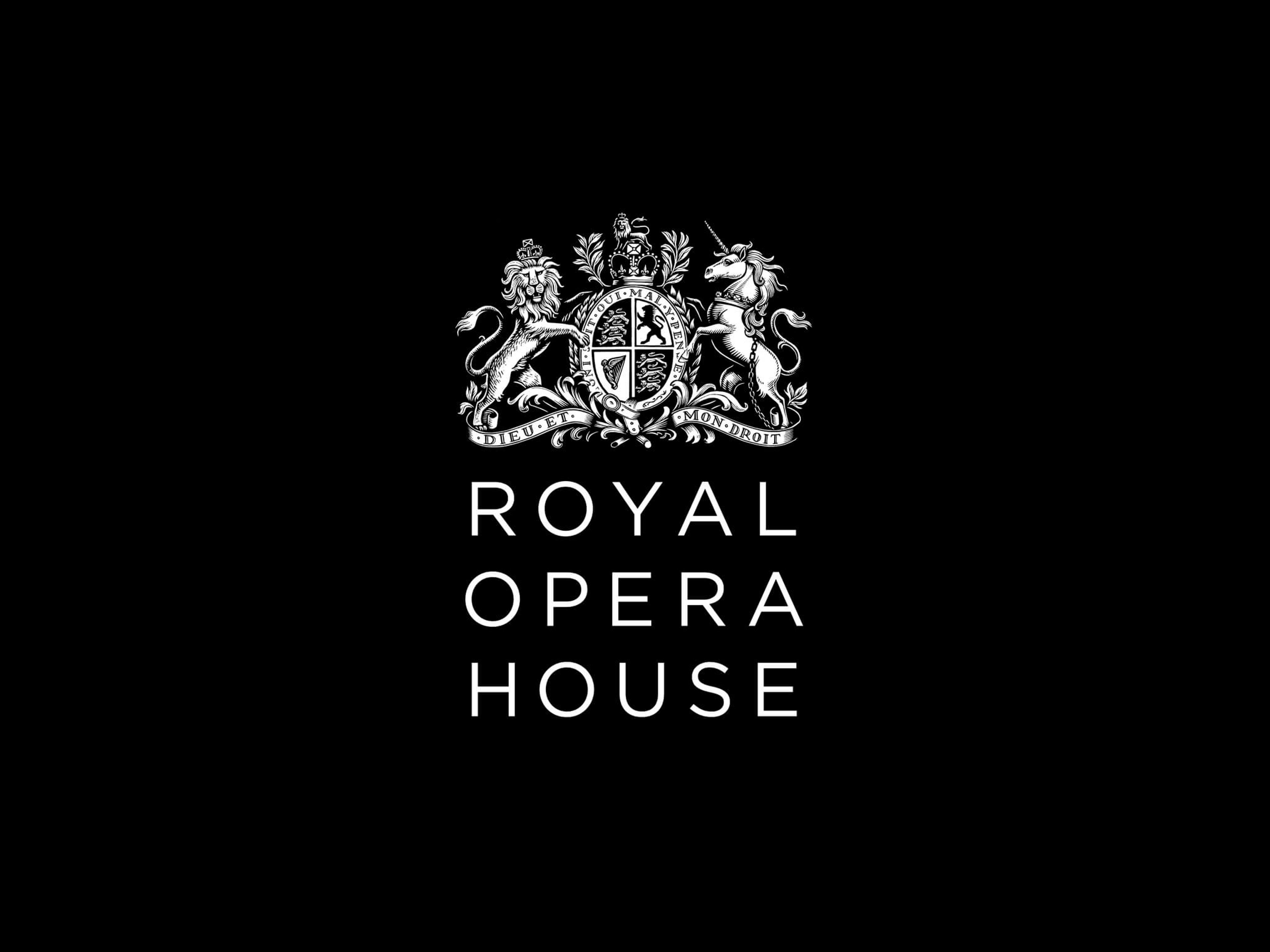HrachuhíBassénz


Press
Le nozze di Figaro
Royal Opera House Covent GardenJul 2023 - Jul 2023Stéphane Degout is more of a known quantity on London stages. He offered a duly commanding Count Almaviva, complemented and put properly to shame by Hrachuhí Bassénz’s Countess, whose ‘Dove sono’, audience disturbance notwithstanding, brought tears to the eyes. So did their final moment, beseeching and granting forgiveness
- Mark Berry, Seen and Heard International
- 09 July 2023
Countess Almaviva beautifully sung by Armenian soprano Hrachuhi Bassenz
- Express
- 13 July 2023
Hrachuhí Bassénz as the countess was delicate and powerful, the essence of morally wounded nobility.
- London Unattached
- 14 July 2023
La Comtesse très humaine et fort émouvante de Hrachuhí Bassénz élève cependant la ligne de chant avec maestria, [Translated] Hrachuhí Bassénz’s very human and moving Countess nevertheless delivers a virtuosic vocal line
- Anaclase la musique au jour le jour
- 11 July 2023
Otello
Oper LeipzigMar 2023 - Mar 2023Vermeintlich hintergründigen Desdemona, welche gerade in ihren Höhen so umwerfend wachsweich, himmlisch zart und doch lebhaft von Hrachuhí Bassénz gesungen wird. [Translated] The supposedly enigmatic Desdemona, who is sung by Hrachuhí Bassénz in her heights so stunningly soft, heavenly tender and yet lively.
- Leander Bull, Klassik Begeistert
- 11 March 2023
Otello
Royal Opera House Covent GardenJul 2022 - Jul 2022The Armenian soprano Hrachuhí Bassénz gives Desdemona the much-needed individuality the character deserves. There is true indignation in her denial of Otello’s suspicions about her relationship with Piotr Buszewski’s Cassio. Her wronged victimhood commands Verdi’s great third act ensemble. And before her death she floats her Ave Maria quietly into the heavens. It provided one of the many things about this Otello revival that will live in the memory.”
- Martin Kettle, The Guardian
- 13 July 2022
We wait a long time before hearing Hrachuhi Bassénz sing, but it’s well worth the wait. She brings the tricky combination of technical mastery allied to her character’s naive fragility to tell the story of a woman who keeps making bad choices about how to arrest the madness engulfing her and rescue herself from the mortal danger she sees far too late. Bassénz is a compelling presence, never dominating in this most testosterone-fuelled environment, but she takes our eyes and ears with her whenever she is in sight. Her scenes with Emilia (Monika-Evelin Liiv, beautifully understated) are heartbreaking as she realises, and accepts, her fate in a world of Daz-white bed linen that she still can’t see as ill-judged.”
Fine though Ermonela Jaho was last time around as Desdemona, it was Armenian soprano Hrachuhi Bassénz that dominated the evening. Although Bassénz had previously impressed as in 2018 as Donna Elvira (Don Giovanni), this was another level. Her voice is clearly soprano but has elements of mezzo-like timbre, and so displays a strong lower aspect. More, she is capable of ravishing beauty and pathos (as in her ‘Willow Song’ and, particularly, her ‘Ave Maria’); we the audience felt every twist and turn of her manipulated emotions.
- Colin Clarke, Seen and Heard International
- 13 July 2022
Armenian soprano Hrachuhí Bassénz is also outstanding as Desdemona, floating her lines angelically throughout but capable of an explosive reaction to the accusation of infidelity. Her Willow Song, as she prepares for bed in the final act, was exquisitely deliv.
- Barry Millington, Yahoo! Life
- 13 July 2022
As Desdemona, the Armenian soprano Hrachuhí Bassénz made a somewhat tentative start, seeming not entirely comfortable in the gentle lyricism of Act 1 as Desdemona and Otello narrate their tale of courtship. But, she grew in confidence and credibly communicated the strength of Desdemona’s love and her heartbreak at Otello’s hostile rejection. Bassénz was at her best in Acts 3 and 4. When the weeping Otello pushed Desdemona away, Bassénz’s increasingly fraught response – ‘E son io l’innocente/ cagion di tanto pianto!/ Qual è il mio fallo?’ (And am I then the innocent motive of these tears! What sin have I committed?) – was emotively coloured and shaped. The ‘Willow Song’ conveyed both Desdemona’s essential animation of spirit and the waning of her self-belief; it was an engaging narrative swelling with latent emotional currents. The richness of the song contrasted with the ensuing still limpidity of her Ave Maria – some lovely string playing here – which brought forth Desdemona’s own Madonna-like purity. This was refined singing, exhibiting subtle control and insight; it was a pity that the music-drama was interrupted at this terribly tender moment by the enthusiastic audience’s applause.”
- Claire Seymour, Opera Today
- 13 July 2022

